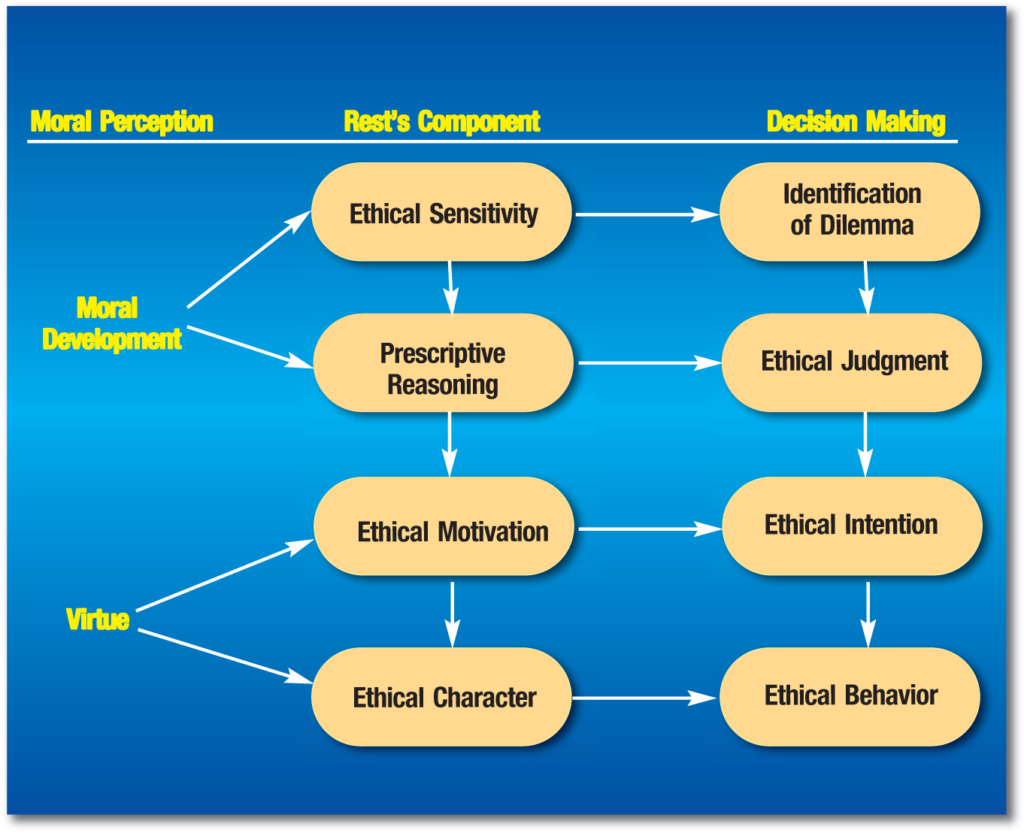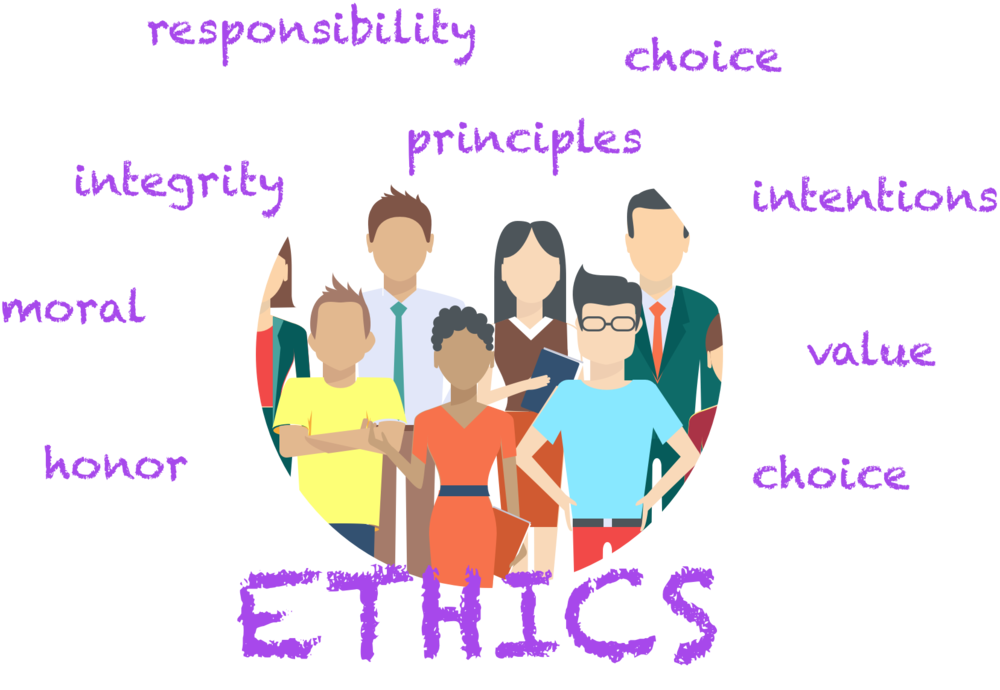In an era marked by increasing awareness of social responsibility and ethical practices, individuals are increasingly prioritizing the alignment of their careers with personal values. This blog explores the importance of ethical considerations in career decisions, guiding professionals to navigate complex choices while maintaining integrity and contributing positively to society.
Understanding Ethical Considerations in Career Decisions
Defining Ethical Career Decisions Ethical career decisions involve assessing the impact of one’s professional choices on various stakeholders, including oneself, employers, colleagues, clients, and the broader community. It encompasses adherence to moral principles, values, and standards of conduct that promote fairness, honesty, and respect.
Why are Ethical Considerations Important? Ethical considerations in career decisions are crucial for several reasons:
- Personal Integrity: Aligning work with personal values enhances job satisfaction and overall well-being.
- Organizational Culture: Ethical behavior contributes to a positive workplace culture, fostering trust and collaboration.
- Social Impact: Professionals have the opportunity to contribute positively to society by upholding ethical standards in their work.
Key Ethical Principles in Career Decision-Making
1. Honesty and Transparency
- Communicate Truthfully: Uphold honesty in all professional interactions, from client communications to reporting within the organization.
- Disclose Conflicts of Interest: Be transparent about potential conflicts and take steps to mitigate them to maintain integrity.
2. Fairness and Justice
- Avoid Discrimination: Treat all individuals fairly and respectfully, regardless of differences in race, gender, religion, or other characteristics.
- Promote Diversity: Advocate for inclusive practices that foster diversity and equity within the workplace and beyond.
3. Responsibility and Accountability
- Follow Laws and Regulations: Adhere to legal requirements and industry standards to ensure compliance and accountability.
- Take Ownership: Acknowledge mistakes, learn from them, and take responsibility for the consequences of your actions.
4. Respect for Others
- Value Diversity: Respect differing perspectives and cultural backgrounds, promoting an inclusive and supportive work environment.
- Professional Boundaries: Maintain appropriate boundaries in professional relationships to uphold mutual respect and trust.

Practical Strategies for Aligning Work with Values
1. Reflect on Personal Values
- Identify Core Values: Reflect on what matters most to you in your personal and professional life.
- Evaluate Career Choices: Assess how well potential career paths align with your values and ethical principles.
2. Research Prospective Employers
- Company Culture: Investigate organizational values, policies, and practices related to ethics and social responsibility.
- Employee Perspectives: Seek insights from current or former employees to gauge alignment with your values.
3. Seek Ethical Guidance
- Consult Mentors or Advisors: Seek advice from trusted mentors, colleagues, or career counselors who can provide ethical perspective and guidance.
- Professional Associations: Engage with professional organizations that uphold ethical standards relevant to your industry.
4. Continuously Evaluate and Adapt
- Reflect Regularly: Assess how your current role and responsibilities align with your evolving values and ethical beliefs.
- Navigate Ethical Dilemmas: Approach ethical dilemmas thoughtfully, seeking input from peers or ethical committees if necessary.

Case Studies and Real-World Examples
1. Corporate Social Responsibility (CSR) Initiatives
- Example: Patagonia’s commitment to environmental sustainability and fair labor practices aligns with its mission to produce quality outdoor gear while minimizing environmental impact.
2. Ethical Leadership in Healthcare
- Example: Doctors Without Borders (Médecins Sans Frontières) upholds ethical principles of neutrality, impartiality, and independence in providing medical care to vulnerable populations worldwide.
3. Tech Industry and Data Privacy
- Example: Apple’s stance on user privacy, exemplified by its refusal to unlock iPhones for law enforcement, reflects its commitment to protecting customer data and privacy rights.

FAQ: Addressing Common Concerns
Q1: How can I balance ethical considerations with career advancement?
- A: Prioritize employers and roles that align with your values. Ethical behavior enhances professional reputation and can lead to long-term career success.
Q2: What should I do if I witness unethical behavior in the workplace?
- A: Report concerns through appropriate channels, such as HR or a designated ethics hotline, ensuring confidentiality and protection from retaliation.
Q3: Can ethical considerations enhance job satisfaction?
- A: Yes, aligning work with personal values promotes a sense of purpose and fulfillment, contributing to overall job satisfaction and well-being.
Conclusion: Embracing Ethical Integrity in Career Decisions
In conclusion, ethical considerations play a pivotal role in guiding career decisions and shaping professional identity. By prioritizing honesty, fairness, responsibility, and respect, individuals can navigate complex ethical dilemmas, contribute positively to their organizations, and uphold integrity in all aspects of their work.
As societal expectations evolve, professionals have a unique opportunity to lead by example, championing ethical practices that foster trust, collaboration, and positive societal impact. By aligning work with personal values and ethical principles, individuals not only enhance their careers but also contribute to creating a more ethical and sustainable future for all.
Let’s continue to empower ethical decision-making in career paths, ensuring that integrity remains at the heart of professional success and societal progress.










